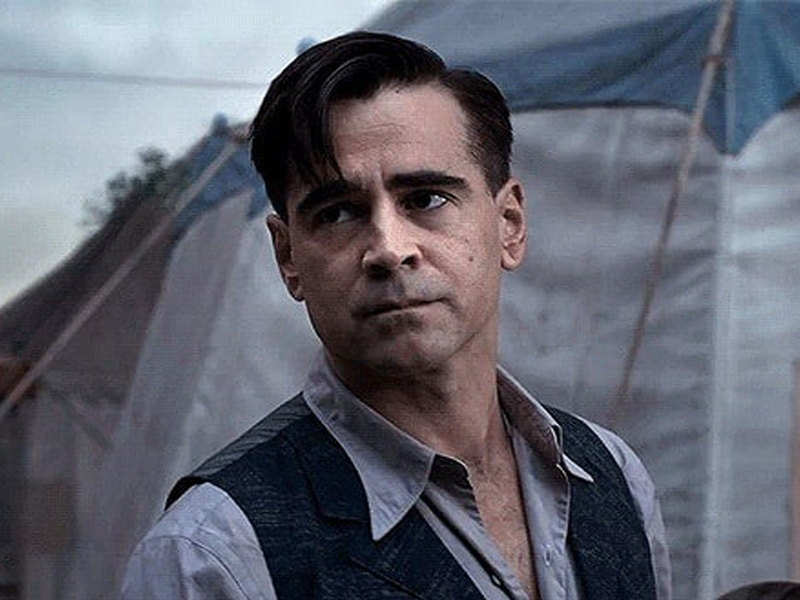

This film is as much about India itself as it is about Gandhi. The scenes of India are spectacular, and India is very much another character in the film. Attenborough filmed "Gandhi" on location in India. He did win both the Academy Award and Golden Globe for best actor, for this role, which I agree he deserved. And he was a relatively unknown actor at the time, so the "big-time actor" persona did not get in the way of viewing the film. He is a wonderful actor that was patient and humble with such an important part. He is a British actor that nailed the British influenced Indian accent. He was young enough to portray Gandhi as a young man. "Gandhi" serves both as entertainment and an important historical record of one of the most important figures in history.īen Kingsley played Gandhi. This film has made and will make millions of people aware of the little brown man that took on the British Empire and won. Mahatma Gandhi's message of non-violent resistance is delivered in an interesting and enthralling body of art. This film was made before CGI (computer generated images), so the funeral scene is probably the last live action crowd of that magnitude that will ever be filmed. It is estimated that nearly 400,000 people were on hand to be a part of the filming the recreation.

Attenborough managed to recreate Gandhi's funeral on January 31st, 1981, the 33rd anniversary of the actual funeral. The next scene, his funeral, is one of the greatest scenes in cinematic history. The film opens with Gandhi's assassination. Richard Attenborough directed this massive epic about the man that freed India. This quote is from the funeral scene in the 1982 film "Gandhi". Yet men, governments, dignitaries from all over the world, have joined hands today to pay homage to the little brown man in the loin cloth, who led his country to freedom."

He could not boast any scientific achievement or artistic gift. Mahatma Gandhi was not the commander of armies, nor the ruler of vast lands. "The object of this massive tribute died as he had always lived, without wealth, without property, without official title or office. Nevertheless, the campaign generates great attention, and Britain faces intense public pressure. There are some setbacks, such as violence against the protesters and Gandhi's occasional imprisonment. Gandhi agrees, and mounts a non-violent non-cooperation campaign of unprecedented scale, coordinating millions of Indians nationwide. He is urged to take up the fight for India's independence from the British Empire. After this victory, Gandhi is invited back to India, where he is now considered something of a national hero. After numerous arrests and the unwanted attention of the world, the government finally relents by recognizing rights for Indians, though not for the native blacks of South Africa. Gandhi realizes that the laws are biased against Indians and decides to start a non-violent protest campaign for the rights of all Indians in South Africa. Gandhi is thrown off a South African train for being an Indian and traveling in a first class compartment.


 0 kommentar(er)
0 kommentar(er)
